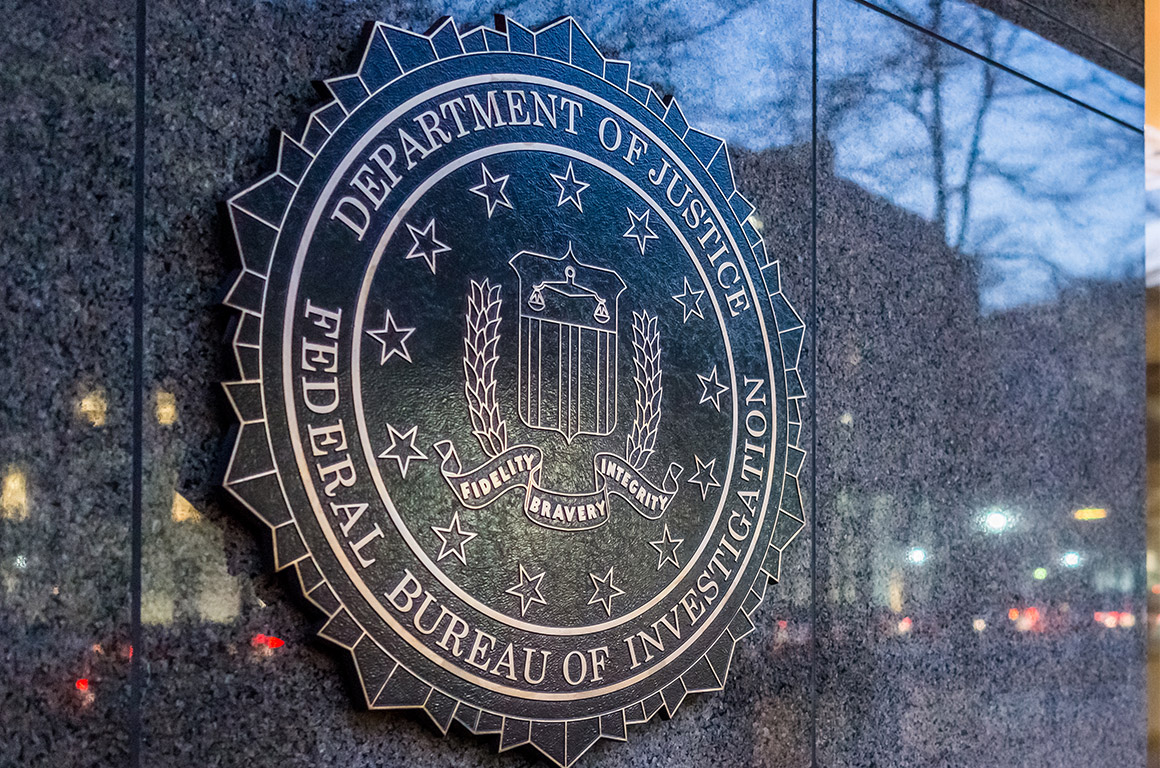
FBI v. Fikre
Amicus Curiae Brief
A тfriend of the courtт or amicus, brief is filed by someone not a direct party to the case, but who has an interest in its outcome. These briefs seek to supplement the merits briefs by offering the Court additional arguments and information. Amicus briefs can be filed at the merits stage or at the certiorari stage.
What's at Stake
Whether the government can overcome the voluntary cessation exception to mootness by removing an individual from the No Fly List when the government has not repudiated its decision to place him on the List and remains free to return him to the List for the same reasons and using the same procedures he alleges were unlawful.
Summary
The РЯАФУХПЊНБНсЙћ, the РЯАФУХПЊНБНсЙћ of Oregon, and Goodwin Proctor filed an amicus brief in support of Yonas Fikre, a U.S. citizen, who alleges that he was wrongly placed on the No Fly List and that the government did not provide him with a fair process to challenge the indefinite flight ban. During litigation, the government removed Mr. Fikre from the List and sought dismissal of his lawsuit on that basis. The district court twice dismissed the case as moot, but both times, the Ninth Circuit Court of Appeals reversed the dismissals. The government appealed to the Supreme Court.
For nearly two decades, the U.S. government has operated a No Fly List that indefinitely bars U.S. citizens and residents from flying to, from, within, or over the United States. People wrongly placed on the List are stigmatized as terrorism suspects and denied a fair process to clear their names. In 2014, in a case filed by РЯАФУХПЊНБНсЙћ clients, a district court found that the administrative process to challenge placement on the No Fly List violated due process and required the government to modify its process. Although Mr. Fikre completed the revised process, he was not given any reasons for his placement on the No Fly List. Years later, the government removed Mr. Fikre from the List, and later informed him that he тwill not be placed on the No Fly List in the future based on the currently available information.т
Our amicus brief explains that the No Fly List program operates in a black box of executive branch discretion and secrecy, and argues that the governmentтs treatment of Mr. Fikre is representative of a larger pattern. We identified 40 U.S. citizens and residents who filed lawsuits challenging their placement on the No Fly List. The public record shows that in both the administrative process and in litigation, the government kept secret the full reasonsтand in some instances, any reasonтfor placing each of the 40 people on the List. Moreover, the government removed 28 of the 40 peopleтi.e., 70%тfrom the List during litigation, and many of the removals occurred just prior to court-imposed deadlines or while awaiting pending court rulings. No plaintiff removed from the List during litigation has had the constitutionality of their initial placement adjudicated on the merits. We argue that the terse statement that a plaintiff is no longer on the No Fly List and will not be returned to it тbased on currently available informationт is not enough to satisfy the Supreme Courtтs voluntary cessation standard, which requires absolute clarity that тthe allegedly wrongful behavior could not reasonably be expected to recur.т
Legal Documents
-
12/20/2023
FBI v. Yonas Fikre Supreme Court Amicus Brief
Date Filed: 12/20/2023
Court: U.S. Supreme Court
Press Releases
РЯАФУХПЊНБНсЙћ Cheers Supreme Court Decision to Allow No Fly List Challenge to Continue
РЯАФУХПЊНБНсЙћ Urges Supreme Court to Allow No Fly List Challenge to Continue
